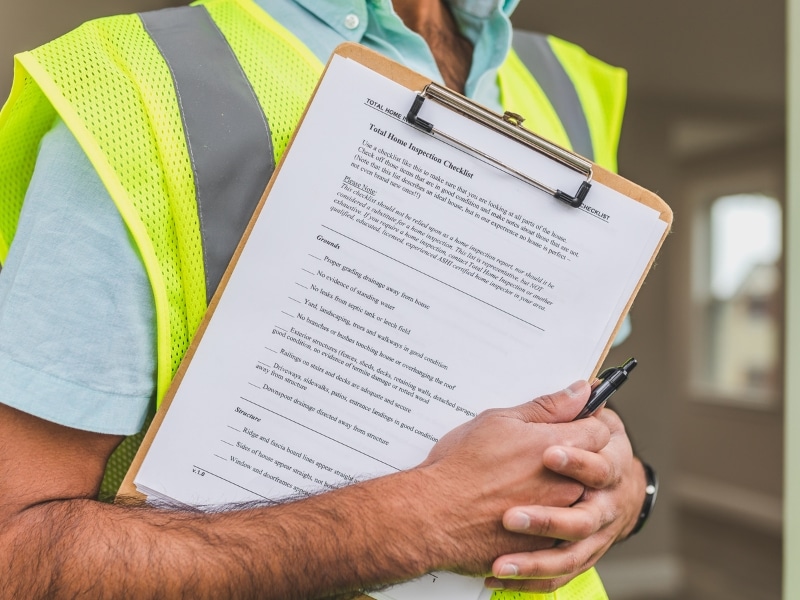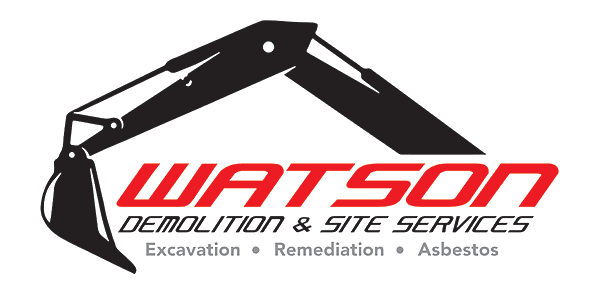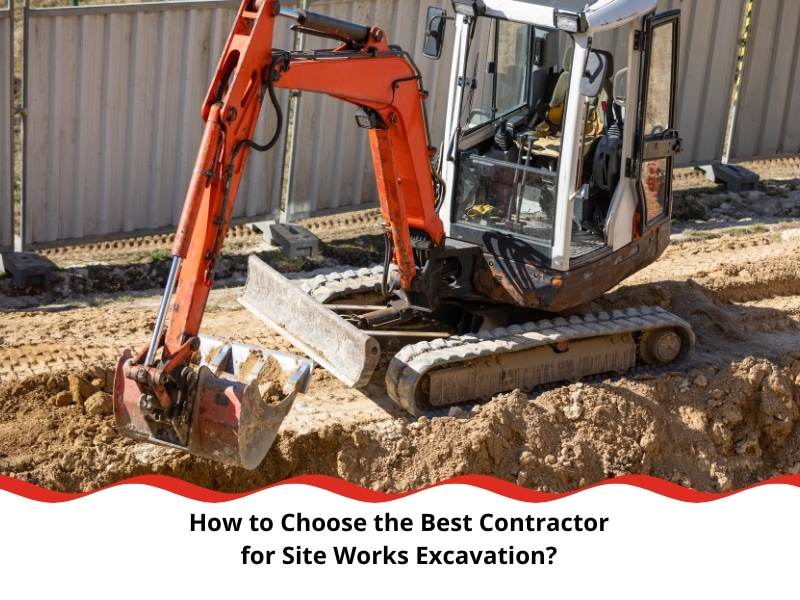What if one choice could make or break your construction project before it even begins? The right site works excavation contractor sets the stage for safety, precision, and efficiency. The wrong one? That’s when budgets blow out and timelines collapse. Choosing a contractor isn’t about picking the cheapest or the quickest; it’s about finding skill, reliability, and compliance in one package. This article outlines the biggest mistakes to avoid, the essential checks to perform, and the signs of genuine expertise, ensuring your project starts on solid ground.
Why is hiring the right site works excavation contractor so important?
Excavation isn’t just the start of your build—it’s the groundwork that everything else relies on. If that base is off, problems don’t take long to follow. Why this choice matters:
- Solid groundwork provides a stable, even foundation. It reduces long-term risks, such as cracked walls or uneven floors.
- Safety compliance ensures trenches are reinforced, equipment is handled safely, and your site meets Australian standards.
- Smooth workflow keeps the rest of the project moving. Good excavators sync well with other trades and avoid causing holdups.
- Efficient timelines come from planning. A good team factors in weather conditions and soil issues, and has backup plans.
By prioritising teams with reliable processes for safe site works excavation, you’re setting yourself up for fewer dramas and better results.
What can go wrong if you choose the wrong excavation team?
It only takes one wrong move during excavation to mess up everything that follows. Poor contractors might finish quickly, but the cost of fixing their mistakes can snowball. Common issues include:
- Plan misinterpretation: If boundaries or grades are incorrect, it can disrupt structural alignment and necessitate costly corrections later.
- Utility damage: Hitting a buried pipe or cable isn’t just dangerous—it can stop your entire project.
- Erosion control failure: Bad site prep can lead to run-off, which breaches environmental rules and damages nearby properties.
- Over-excavation: Going too deep means more fill, more cost, and potential ground instability.
These slip-ups are why experienced builders stress the importance of site works excavation in industrial projects. The cost of rework isn’t just money—it’s time and momentum lost.
How can poor contractor selection lead to costly project delays?
Delays don’t just hold up one stage; they ripple through the entire build.
- Regulatory stoppages: Safety breaches or missing permits can halt work for days or weeks while approvals are reissued, pushing other trades off schedule.
- Rework requirements: Incorrect depth, poor drainage grading, or misaligned boundaries need correction before other trades can begin, often resulting in doubled excavation costs.
- Equipment breakdowns: Older, poorly maintained machinery slows progress and increases hiring and replacement costs, sometimes requiring specialised repairs.
- Weather setbacks: Poor preparation leaves sites vulnerable to waterlogging, making them unsafe for machinery operation and delaying follow-on works.
Here’s a quick reference table showing how common mistakes affect schedules:
| Contractor Issue | Average Delay (Days) | Cost Impact Level |
| Non-compliance with safety regulations | 7–14 | High |
| Machinery breakdown | 3–5 | Medium |
| Incorrect grading | 5–10 | High |
| Poor drainage control | 2–4 | Low–Medium |
Knowing the risks early and understanding the critical role of soil removal in successful site works excavation.
What qualifications should you check in a site works excavation contractor?
Paperwork might seem like a formality, but in excavation, it’s how you know a contractor is up to scratch. Don’t skip these checks:
- Licences and insurance: Must be valid and cover the work they’re doing—including public liability and worker protection.
- Competency certifications: Ensure that machine operators are trained on the specific tools and attachments required for your site.
- Relevant experience: Ask about similar jobs they’ve completed. Past work on like-for-like sites is a strong indicator they’ll deliver here too.
- Safety management systems: Look for actual plans—such as risk assessments, emergency procedures, and regular safety checks.
Always favour NSW-certified excavation providers when operating in New South Wales, as this guarantees adherence to state-specific regulations and standards.
How do client reviews help identify the best site works excavation companies?
A contractor’s track record tells you more than their quote ever will. Reviews reveal how they show up, solve problems, and stay on schedule. What to read between the lines for:
- Timeliness: Do clients report that the crew arrived on time?
- Site conduct: Mentions of cleanliness and organisation suggest they take pride in doing things right.
- Problem-solving: Real value shows up when unexpected issues hit. Good teams adapt fast.
- Repeat work: Clients returning again and again is often the clearest sign of consistent quality.
The best crews leave a trail of satisfied builders behind them. Look for that pattern before you commit.
Which site inspection steps can reveal a contractor’s expertise?

A good contractor shows their value before the first machine arrives. How they handle your site inspection says a great deal about how they’ll handle the work. Things worth watching for:
- Boundary verification: They should double-check site lines to avoid legal headaches later.
- Soil testing: Smart teams test soil for drainage, compaction, and contamination before digging begins.
- Drainage planning: It’s not just about moving dirt—it’s about managing water during and after rain.
- Access planning: Efficient layouts for trucks, gear, and materials ensure smooth operations.
If your contractor skips these steps or gives vague answers, that’s a red flag. The best ones ask detailed questions and come prepared with a plan.
Final thoughts
Choosing your excavation team isn’t just a line item—it’s a foundation choice that echoes through the whole job. Take the time to check qualifications, read client feedback, and observe how contractors treat your site from the first walk-through. Want to see what that looks like in action? Explore how Watson Demolition & Site Services delivers quality site preparation, and you’ll get a clear picture of how skilled contractors manage site works from first dig to finish.

